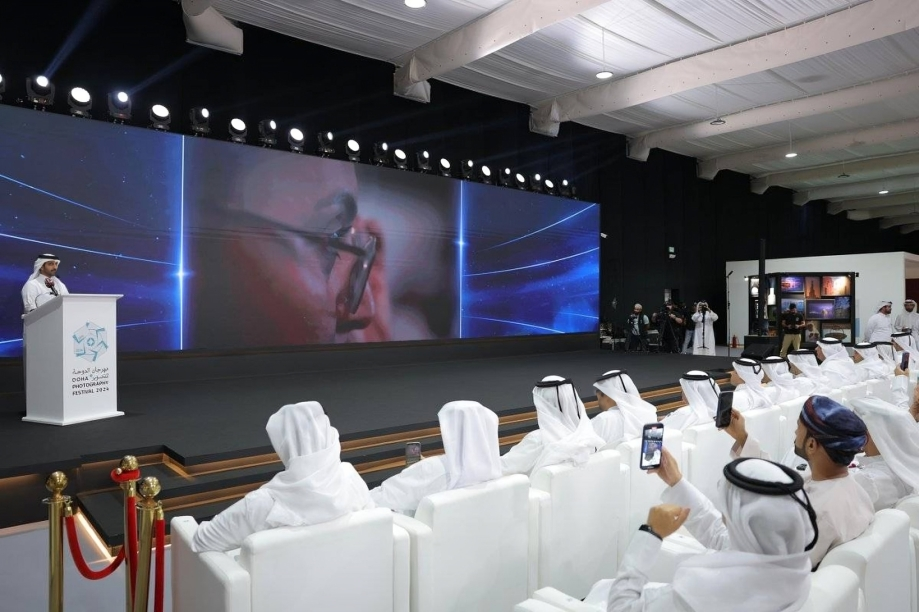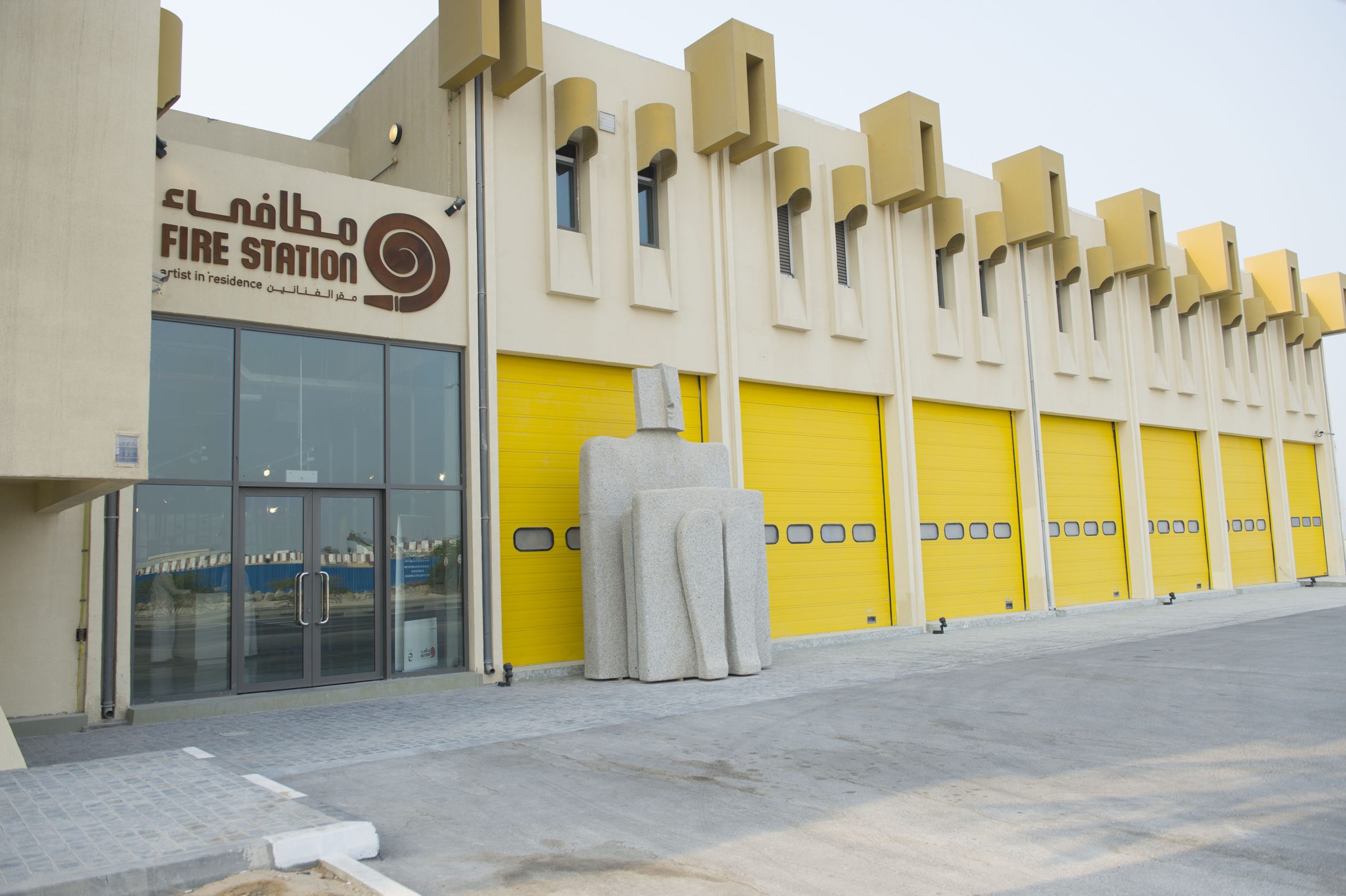
Labor and human rights activists who attempt to shame the Qatar government into reforming its laws are more likely to hurt their own cause than bring about positive changes, a leading Bahraini journalist said in Doha on Monday.
Three years after being awarded hosting rights to the 2022 World Cup, the country has begun laying the foundation for the international football tournament. Meanwhile, unions and advocacy groups are using the World Cup spotlight to highlight abuses of migrant workers in this country and press the government for changes.
These organizations have employed a range of tactics, including holding private meetings with government officials, researching reports and holding press conferences to raise awareness through the media. However, political analyst Abdulla AlMannai said gentle pressure, not public criticism, is the best strategy.
“Shaming never works and actually produces a negative effect,” AlMannai told Doha News on the sidelines of a roundtable debate on citizenship and law in the Gulf co-hosted by Chatham House and Qatar University.
Instead, the chair of the freedoms committee of the Bahraini Journalists Association recommended providing constructive solutions to authorities that explain the benefits of reforms and propose a roadmap on how to get there.
Working behind the scenes was also the message repeated by Dr. Ali Bin Samikh Al-Marri, chairman of Qatar’s National Human Rights Committee, following a press conference by international trade union BWI in October.
After BWI officials deplored the living conditions of migrant laborers in Qatar, Al-Marri said he encouraged dialogue between human rights organizations and the government – just not necessarily in public:
“I hope that we will work quietly but effectively … on human rights away from the backdrop of propaganda.”
Social pressure
AlMannai – who writes for Akhbar AlKhaleej newspaper and extensively covered the 2011 uprising in Bahrain, tweeting in favor of dialogue and debunking rumors and false reports on both sides of the conflict – made his remarks following a panel discussion on the boundaries of expression in the Gulf.
He argued that the traditional narrative about limits on free speech in the GCC tend to focus on government oppression, at the expense of more powerful social pressures.
The instinct to protect one’s family, sect or tribe often trumps the need of journalists and individuals to speak the truth, AlMannai said.
“There is a fear of being ostracized by the community before even applying the law. It is not the law that restricts, it is the community that restricts … You have cultural taboos and cultural red lines before you have legal taboos and legal red lines.”
He said that the advent and availability of social media enables freedom of expression and free speech in societies that accept and tolerate it. But pushing for the immediate and absolute introduction of those rights, he said, “is probably not the right way to go about it.”
Though attitudes are changing, but AlMannai said it would probably take two generations to reach that goal.







